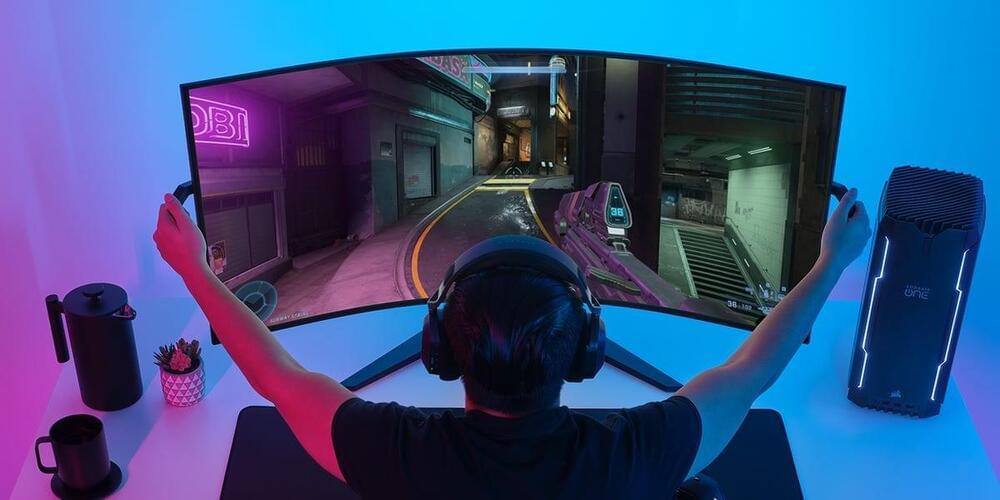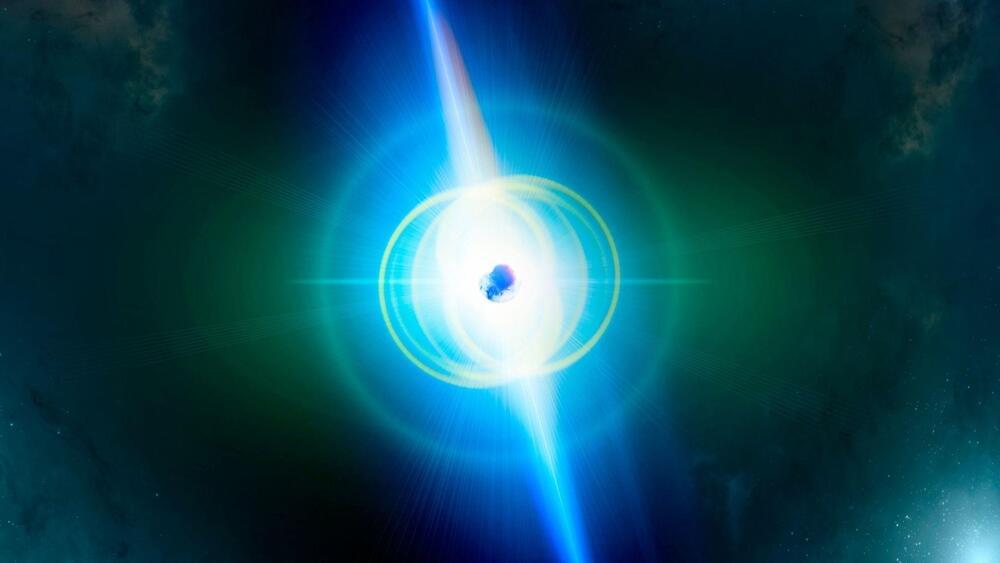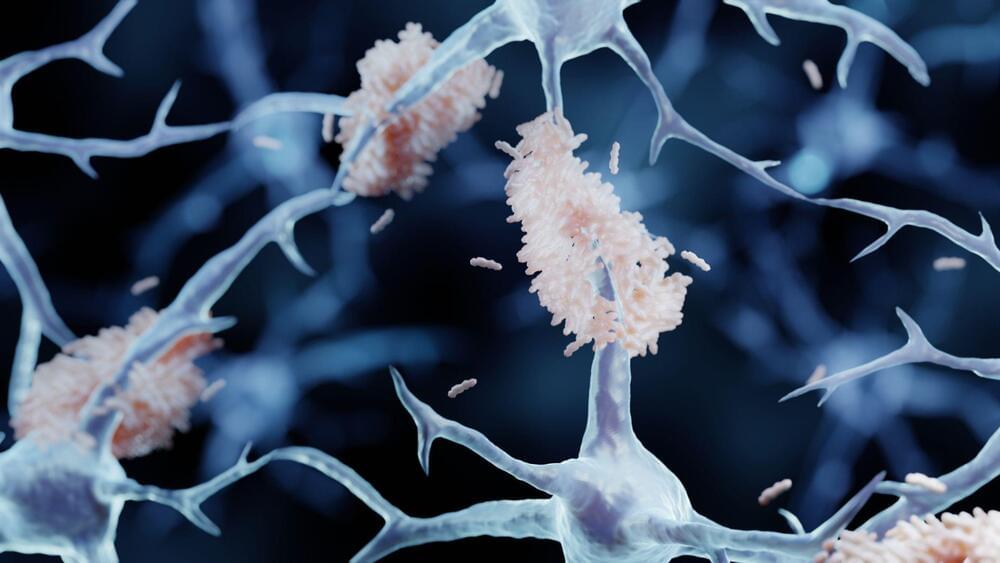Following established guidelines about prescription drugs would seem to be an obvious course of action, especially for the professionals that do the prescribing. Yet doctors and their family members are less likely than other people to comply with those guidelines, according to a large-scale study co-authored by an MIT economist.
Depending on your perspective, that result might seem surprising or it might produce a knowing nod. Either way, the result is contrary to past scholarly hypotheses. Many experts have surmised that knowing more, and having easier communication with medical providers, leads patients to follow instructions more closely.






